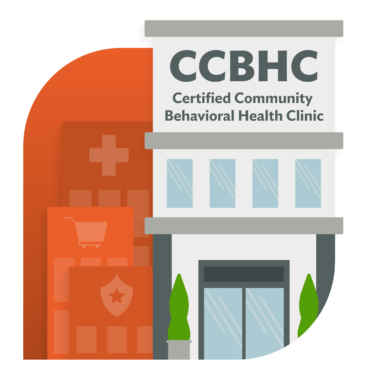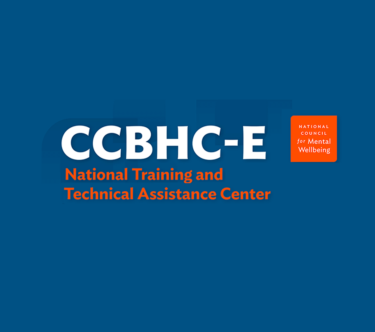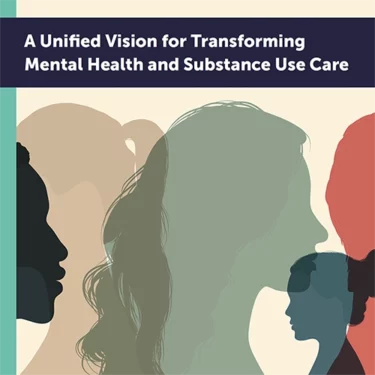The National Council for Mental Wellbeing Consulting Team is your partner in change and committed to supporting excellence across the field.
Explore our Consulting ProgramOn behalf of our more than 3,400 members and the millions of people they serve, we are fighting for a stronger, better-funded, more integrated approach to mental health and substance use care.
Follow our work in the news; learn more about our virtual and in-person events; and visit our blog to gain insight into the state of the field, new treatment trends and opportunities for organizational excellence.
Mental Health First Aid is an evidence-based training program that teaches you how to identify, understand and respond to signs of mental health and substance use challenges.
Learn about Mental Health First Aid-
Integrating Care: MOUD and Infectious DiseaseJan 29, 1:00 pm – 2:00 pm
Due to the opioid epidemic, over 2.5 million adults in the U.S. have opioid use disorder (OUD), yet only 25% of those who need treatment receive recommended medication for opioid use disorder (MOUD). Alongside the rising rates of OUD, there has been an increase in infectious diseases such as HIV,…
-
Population-specific Services for Native Spanish SpeakersFeb 5, 3:00 pm – 4:00 pm
Over the course of four webinars, the Population-specific Services Learning and Action series will focus on increasing awareness of how specific populations are currently being served in CCBHCs, highlight strategies that support community outreach and engagement, and identify strategies that support care coordination and improve health outcomes. The populations of…
-
Supporting African Americans in Treatment and Recovery: Medications for Alcohol Use Disorder (MAUD)Feb 13, 3:00 pm – 4:00 pm
Join us as we discuss medications for alcohol use disorder for the Black/African American community to create greater access to treatment.



